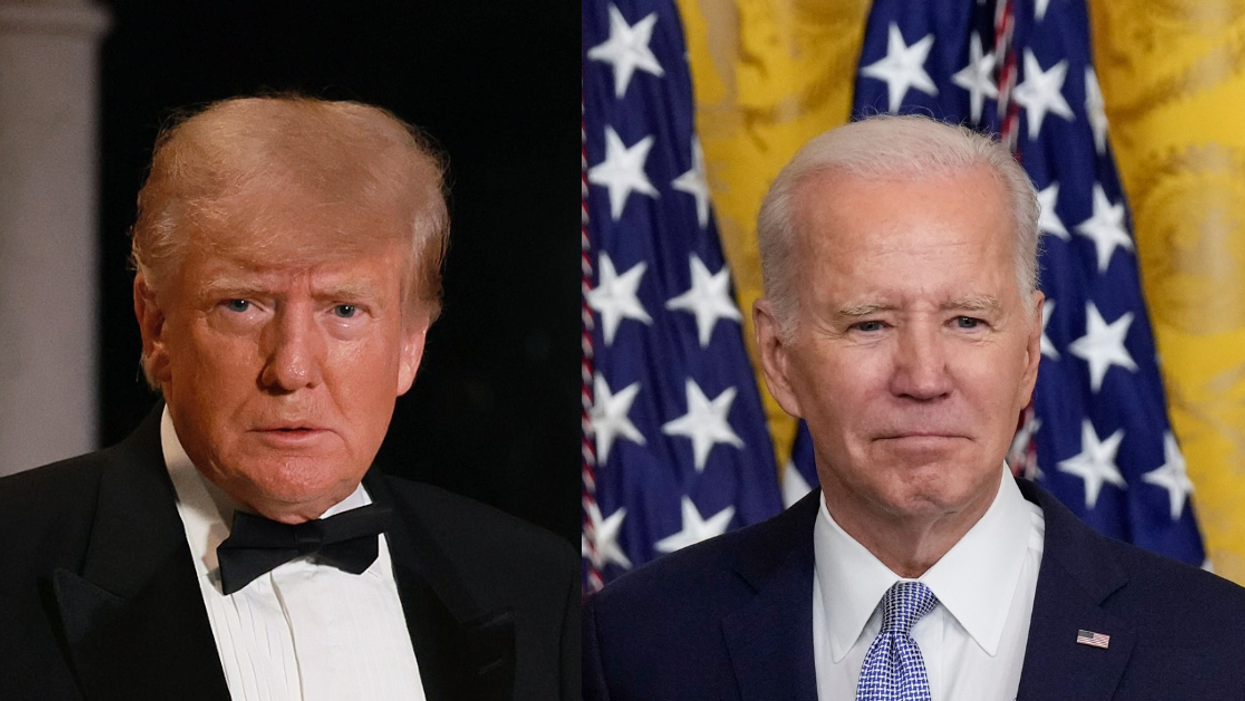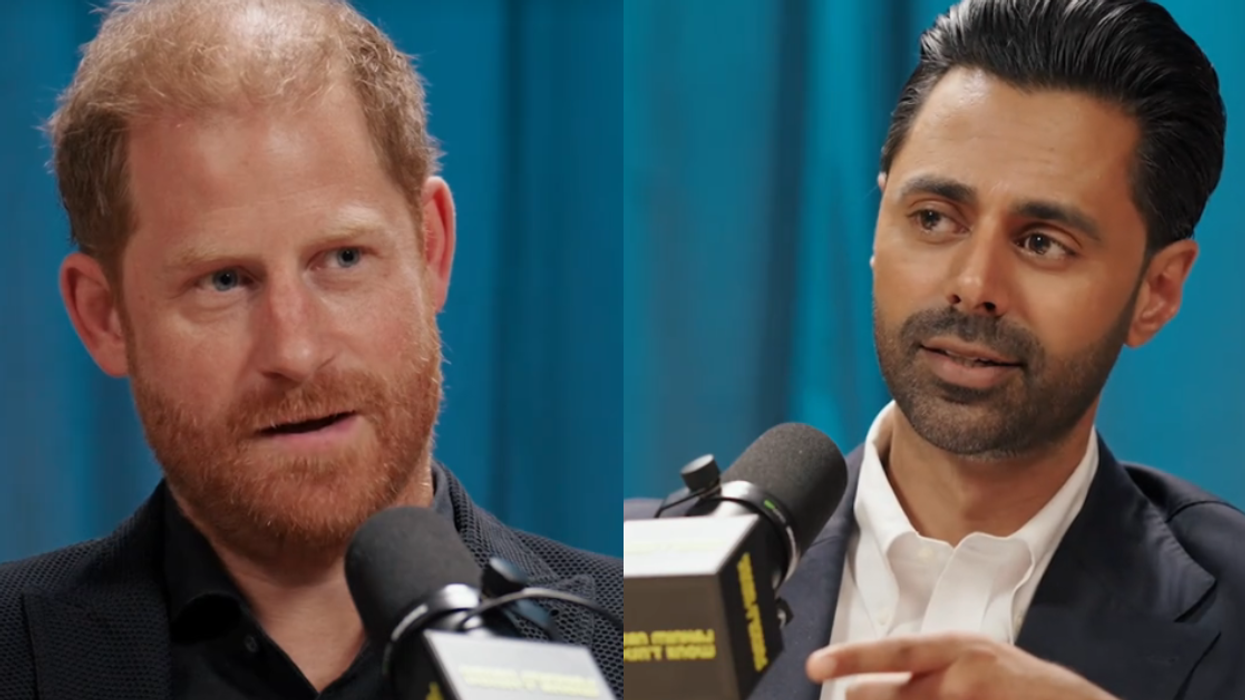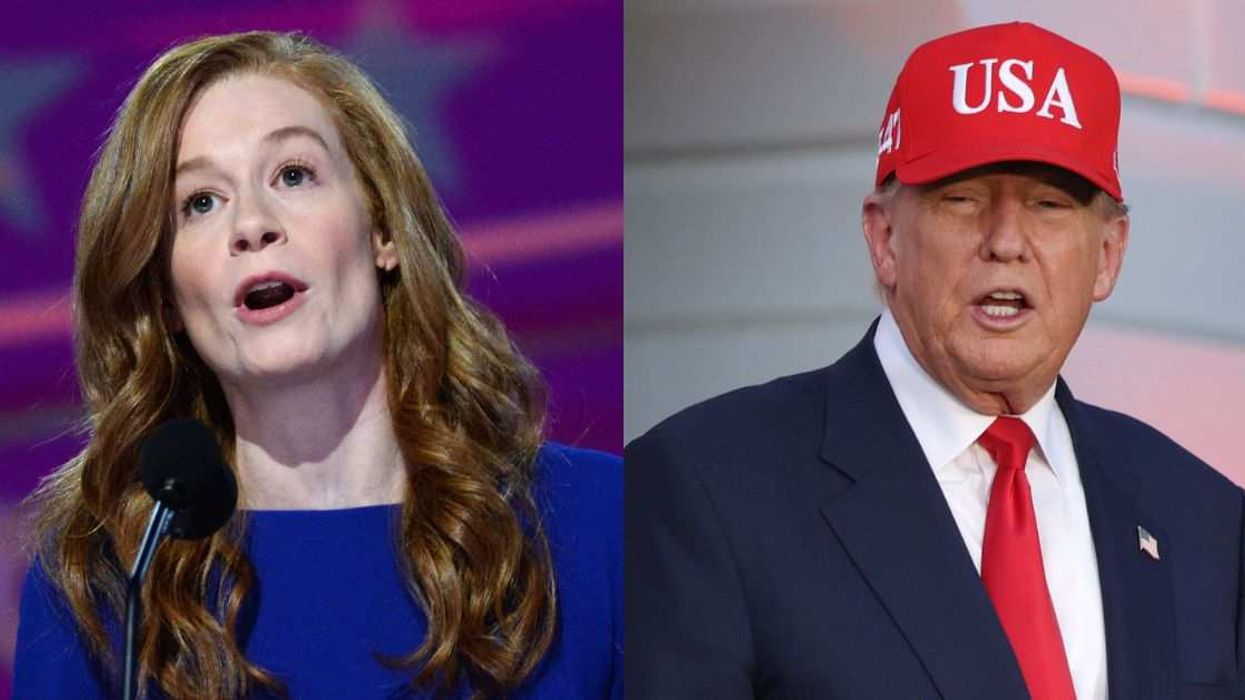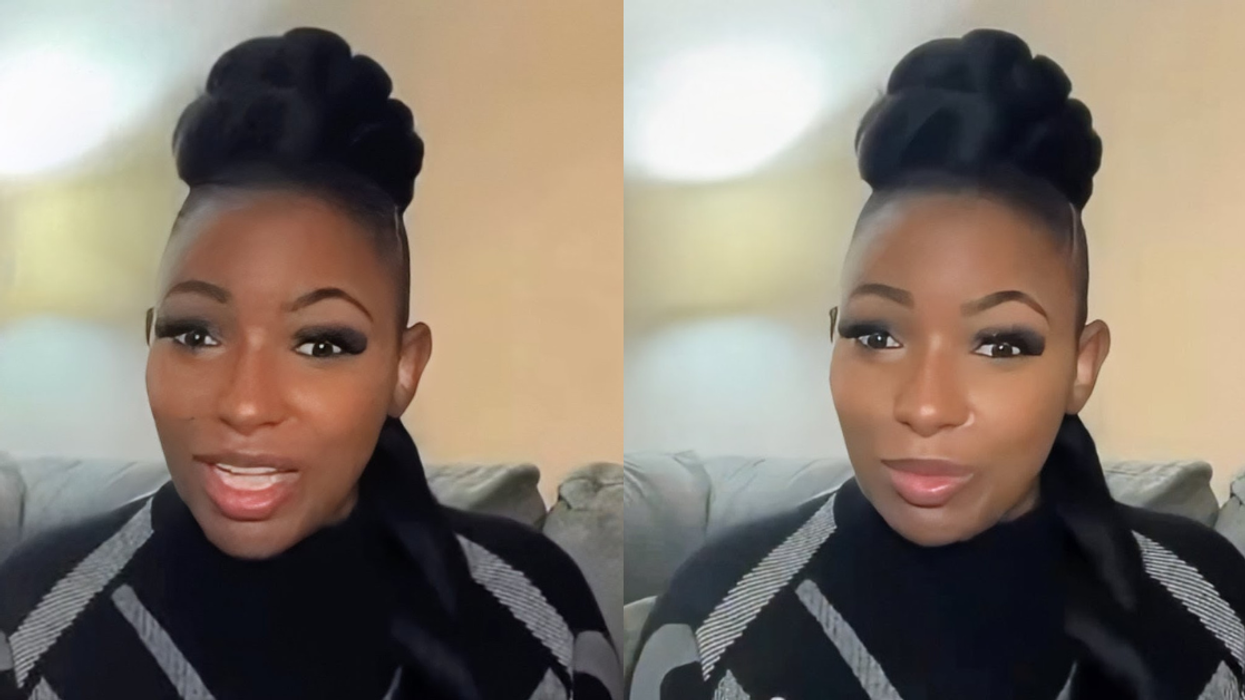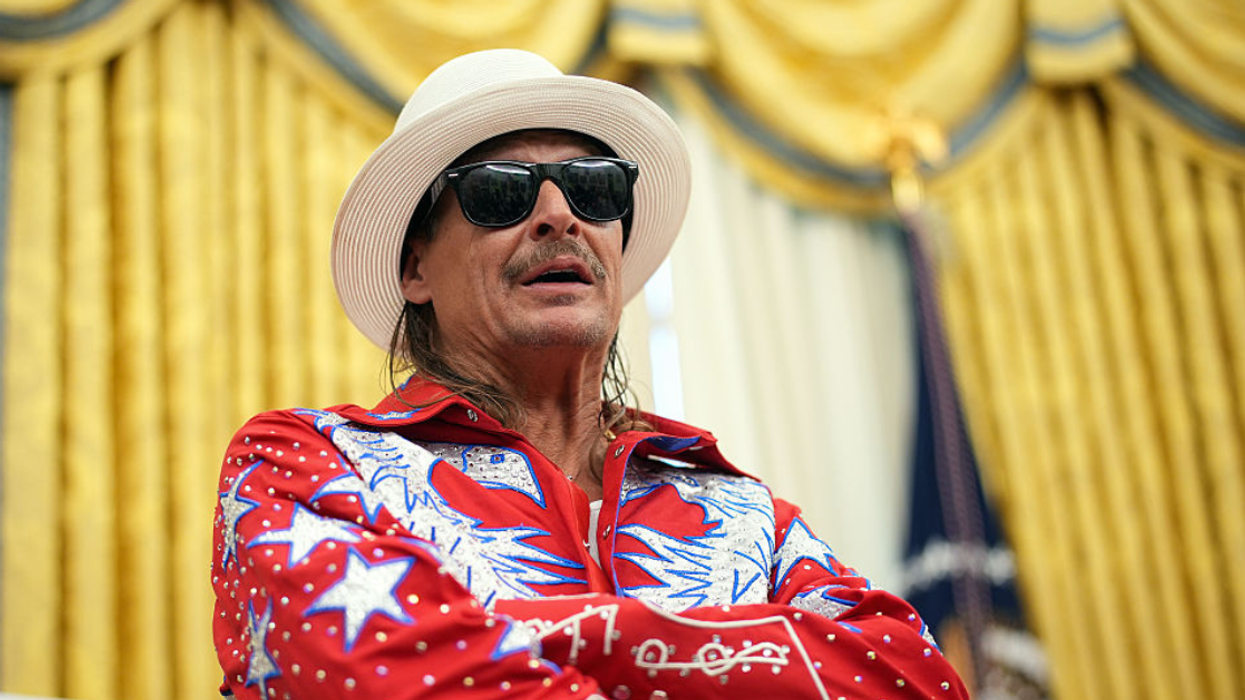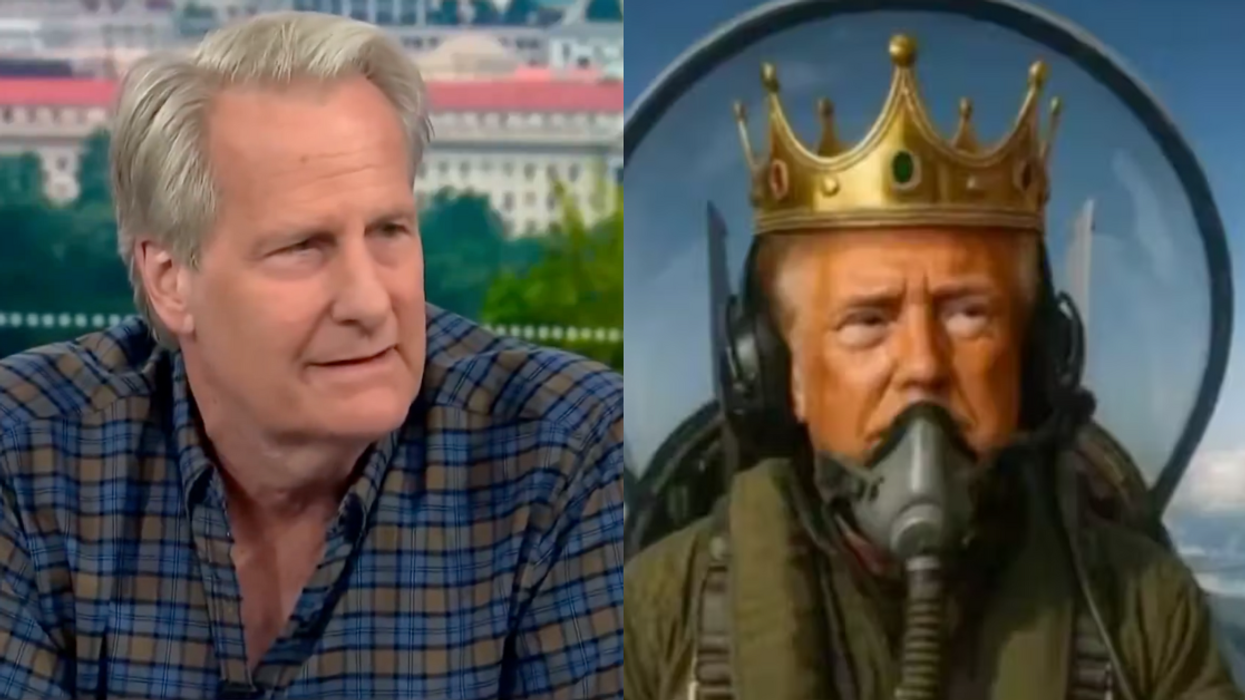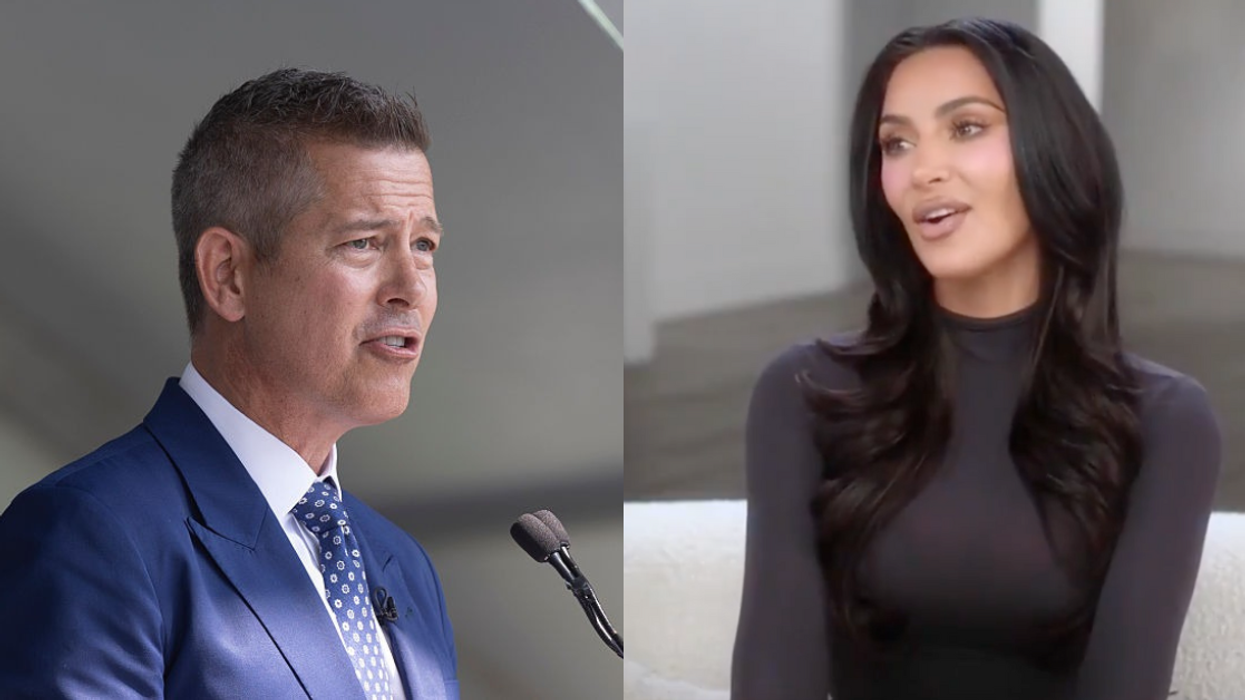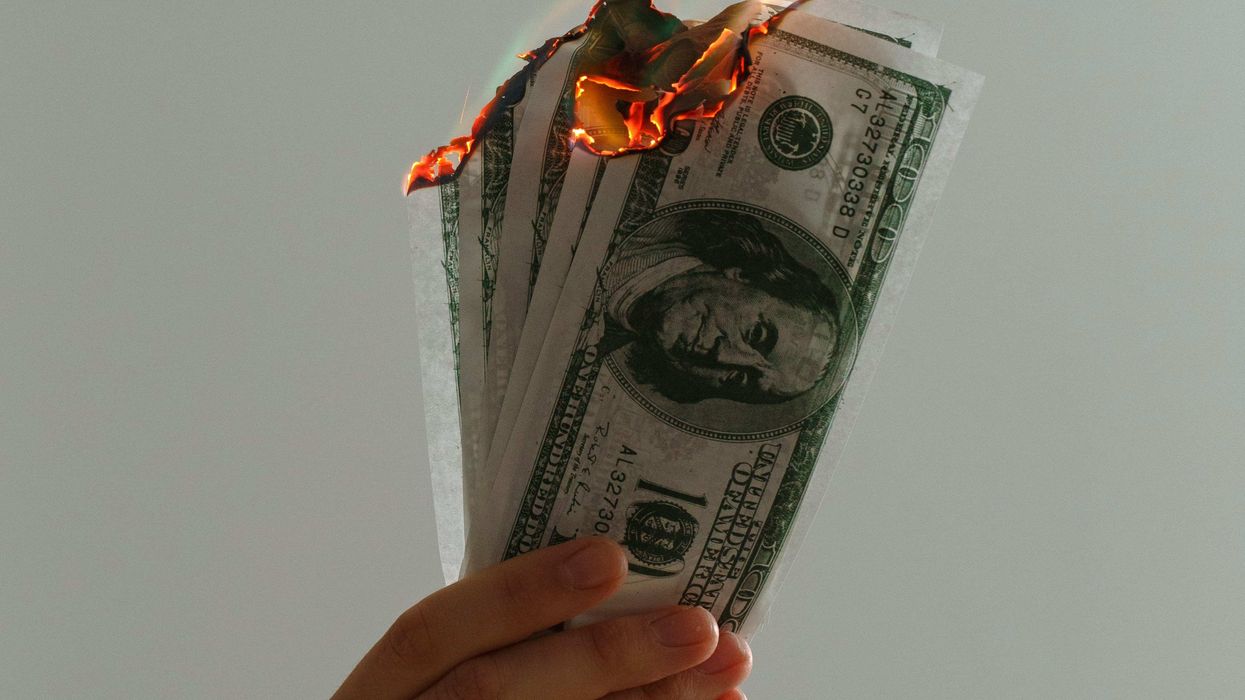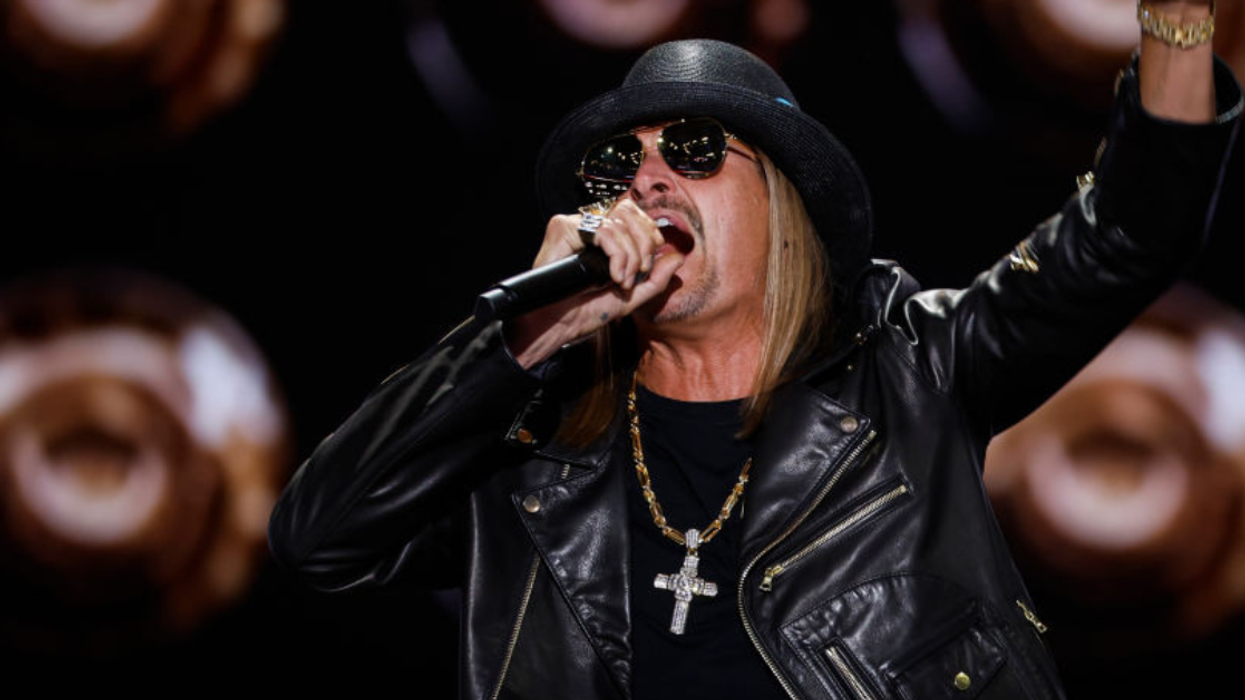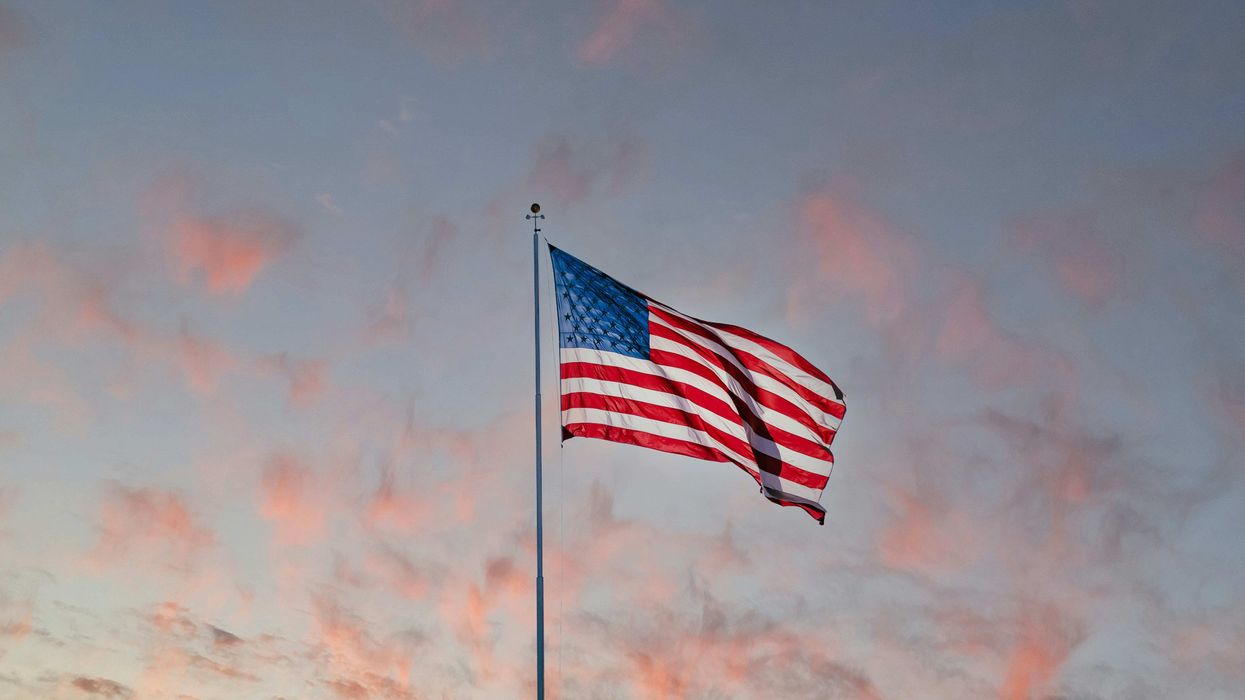There were three items in the news Monday pertaining to the legal cases now being investigated and prosecuted against Trump and his cohorts.
There’s some good news, some expected news and then an unexpected bump that merits a deep breath and some unpacking.
So let’s dive right in.
First, the good news
CNN reported on Monday Rudy Giuliani received a subpoena more than a month ago from David Rody, a former New York prosecutor with a specialty in gang and conspiracy cases. Rody serves under Jack Smith, the new Special Counsel.
The subpoena asked Trump’s former attorney to turn over records to a grand jury as part of an expanding investigation into the ex-President’s fundraising following the 2020 election.
This is significant because it shows Rody and Smith have an interest in not just the Big Lie but the Big Grift—meaning, the way the Trump campaign used false claims of a stolen election to raise more than $250 million.
If prosecutors can show Trump and his campaign officials knew these claims were false, then they can press forward with fraud charges.
Other witnesses also have received subpoenas asking for documents relating to disbursements from the Save America PAC, which was the primary fundraising arm the Trump campaign set up after the election was over.
A fraud case is in many ways easier to prove than a conspiracy to overthrow the elected government. It is more relatable to ordinary people than complicated political intrigue.
And following the money is not only smart investigating, it is smart narrative.
Jurors understand intuitively the motives behind and the damage that can result from lying: It’s why there is so much general outrage around pathological liar George Santos, and it makes it easier to prove criminal intent.
After all, Trump was preparing to declare election fraud long before the election happened.
Why?
Because he knew he could create chaos, anger, and with it opportunity to grift from his base, just as he has always done from the public at large.
The subpoena to Giuliani matters because, in many ways, he is key to getting to Trump. Giuliani was the other lawyer besides John Eastman who was always in the room and advising the former President, especially around the Big Lie.
There will be battles around attorney-client privilege, so this won’t be resolved quickly or easily, but there is already great precedent to obtain these documents in the Eastman case under the crime-fraud exception.
While Giuliani is pretty crazy and therefore not the best witness for prosecutors, if he flips on his former boss it would be a big win.
Whether or not that happens depends on how much pressure prosecutors can bring to bear on him in terms of his criminal legal exposure.
Now, the expected news
Down in Fulton County, Georgia, for eight months now, a special grand jury has been investigating the question of election interference in the state by the Trump campaign and its allies.
It has heard from dozens of witnesses, some of whom prosecutors had to compel to appear, such as South Carolina Republican Senator Lindsay Graham. It has put many witnesses on notice they are the targets of possible criminal investigations.
And at last, the grand jury has produced a report of its findings and has presented that to the judge in the matter, who set a hearing date of January 24 to determine whether the report should be released.
A note of caution: We don’t know what the report says or recommends, and it’s probably best not to speculate, though some legal observers have noted it is unusual that the grand jury has requested the report be released, given the chance there might be criminal indictments.
Normally, under Georgia law, such reports are kept confidential, and that creates a bit of an eyebrow raise for me as well that there may not be charges recommended.
Before we assume that they will all get away with it, however, it’s also possible the grand jury simply believes its findings are of such high public interest and value that they ought to be made freely available, and that is something the court will need to decide.
This grand jury is not to be confused with a different grand jury tasked with deciding whether or not to indict anyone in this case based on possible charges presented by District Attorney Fani Willis.
That grand jury meets regularly on Tuesdays, so keep an eye out each Tuesday for any kind of news out of that grand jury.
Now, for that bump in the road
Fox News and allies of ex-president Trump are giddy with the news a small set of classified documents from the Obama-Biden era were discovered at the Penn Biden Center for Diplomacy and Global Engagement, an institute in downtown Washington Joe Biden founded after serving as Vice President.
Some have openly called for his prosecution—a curious move, as it would concede Trump also should be prosecuted—while others are asking rhetorically, “Where’s the raid?”
Okay, so deep breath moment.
While this complicates the public narrative around Trump a bit, it doesn’t change his legal peril, nor does it open Biden up to prosecution.
Why?
Because Biden’s lawyers did exactly what they were supposed to do: They notified the Justice Department and the National Archives immediately, have been cooperating with investigators, and returned the documents as soon as they learned there were a handful of classified documents there in a locked closet.
In fact, this is analogous to what happened when the National Archives first learned Trump had classified documents in his personal possession at Mar-a-Lago. Yet no one on the right—or really the left—flipped out at the time.
Had Trump simply done the right thing and returned them with an apology for the oversight, that likely would have been the end of the matter. Instead, Trump apparently had his lawyers delay and then actually lie about whether any more documents existed.
That shows a very different intent than that of Joe Biden—or Hillary Clinton for that matter—when faced with a similar “oops” situation around classified document handling.
It also matters this was a very small cache of documents of which Biden says he was not aware. We don’t know whether he or a staffer moved the documents there improperly, but there is certainly no evidence of intentional concealment, as we have seen with Trump.
And this is important: The decision to prosecute cases for mishandling of classified or national security level documents always turns on questions of criminal intent. Mere negligence, though unfortunate, doesn’t rise to criminality.
In fact, that's why the Department consistently requires a “plus factor”—such as obstruction—before indicting these kinds of cases.
Under the Espionage Act, for example, under which Trump is being investigated, it’s illegal to "willfully” retain sensitive national defense information, then fail “to deliver it on demand to the officer or employee of the United States entitled to receive it."
Notably, this is precisely what Trump did, but precisely not what Biden did.
The right will inevitably attempt to blow this into the most annoying case of whataboutism imaginable, and we can expect their base to parrot their talking points.
But this actually has the interesting side effect of putting Trump’s behavior in the spotlight again, particularly as a side-by-side contrast.
If a Trump supporter were to ask me about it, and I were in a rare mood to respond, it might go something like this:
MAGA:
"Joe Biden took classified documents, too!"
Me:
"His lawyers immediately notified the authorities and returned them. That was the right thing to do. Trump didn’t do that. His lawyers lied about whether there were more."
MAGA:
"Biden should be investigated!"
Me:
"I’m glad you agree these things are important! And yes, the Justice Department is investigating. Just like they are with Trump."
MAGA:
"They should search his properties, too!"
Me:
"If there is probable cause to believe crimes were committed, and that evidence of those crimes are on that property, I agree. This goes for Trump, too, right?"
MAGA:
"Biden belongs in jail!"
Me:
"If someone intentionally took classified documents, then obstructed an investigation by deceptively interfering with their recovery, agreed, sure, that person should go to jail. For a long time."

